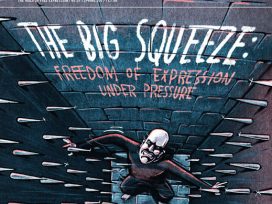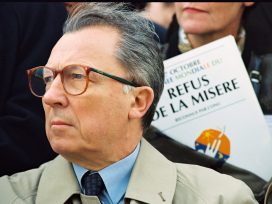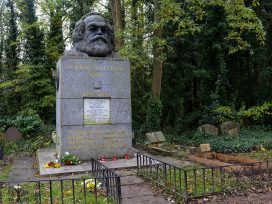Genocides?
An interview with historian Ugur Ümit Üngör
The comparison of genocides is neither a crude equation nor an equivalence of evil, argues historian Ugur Ümit Üngör. Rather, comparative study enhances understanding of individual cases and counters political manipulation of genocide under hierarchies of uniqueness.


